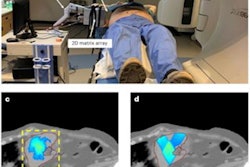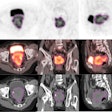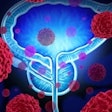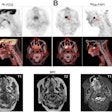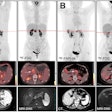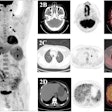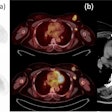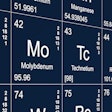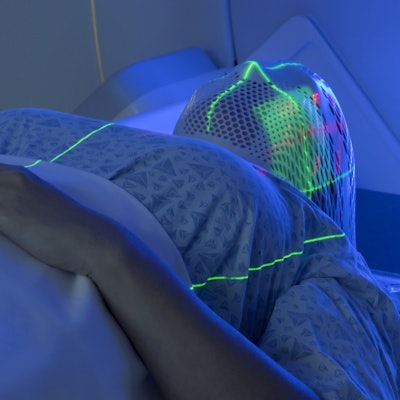
A three-week radiation therapy course is as safe and effective as conventional treatment for early-stage breast cancer patients at higher risk of tumor recurrence, results presented at the American Society for Radiology Oncology (ASTRO) meeting show.
A team led by Dr. Frank Vicini from Michigan Healthcare Professionals found no significant differences between using a shortened whole-breast irradiation treatment regimen over the four- to six-week conventional whole-breast irradiation therapy.
"This approach cuts treatment time for these patients in half," Vicini said in a press release. "Now the comfort level is there to say to higher-risk patients, 'I can offer you this option, and it works just as well.'"
Previous studies support supplemental radiation dosage to the lumpectomy cavity region after whole-breast irradiation. This includes a relative reduction of in-breast recurrence by 20% to 30%. However, the disadvantage of this is extending the treatment duration by around one week.
Vicini and colleagues wanted to find out whether this supplemental dose, also known as a boost, can be delivered in tandem with a shorter whole-breast irradiation regimen. The end goal was to see if this method is noninferior to boost delivered sequentially after conventional whole-breast irradiation in patients considered to be at high risk for developing in-breast recurrence.
They looked at prospective data from 2,262 people with early-stage breast cancer who had an elevated risk of local recurrence following lumpectomy. The patients had an average age of 55 years and were treated at 276 different sites around the world. Risk factors included higher tumor grade, older age, receipt of presurgical chemotherapy, and estrogen-receptor-negative status.
The researchers randomized patients into two groups. One had patients receive conventional whole-breast radiation delivered over four to five weeks, followed by a boost to the lumpectomy site delivered over six to seven days (n = 1,124). The other had patients receive the shortened regimen delivered over three weeks, with the boost to the surgical site delivered at the same time over those three weeks (n = 1,138).
The team looked at five- and seven-year recurrence rates, as well as cosmetic outcomes as rated by physicians.
| Comparison between conventional, shortened irradiation strategies | ||
| Conventional irradiation/sequential boost | Hypofractionated irradiation/concurrent boost | |
| 5-year recurrence rate | 2% | 1.9% |
| 7-year recurrence rate | 2.2% | 2.6% |
| Cosmetic outcomes (rated good or excellent) | 86% | 84% |
| Severe side effects reported | 3.3% | 3.5% |
The researchers also found a total of 56 in-breast recurrences during the median follow-up of 7.3 years. They also wrote that the hypofractionated three-week treatment was non-inferior to the longer treatment when it came to breast tumor recurrence (p = 0.039).
The team added that they want to study how more patients, such as those whose cancer has spread to the lymph nodes, can benefit from the three-week approach. The authors also suggested studying how treatment time can be shortened even further.






